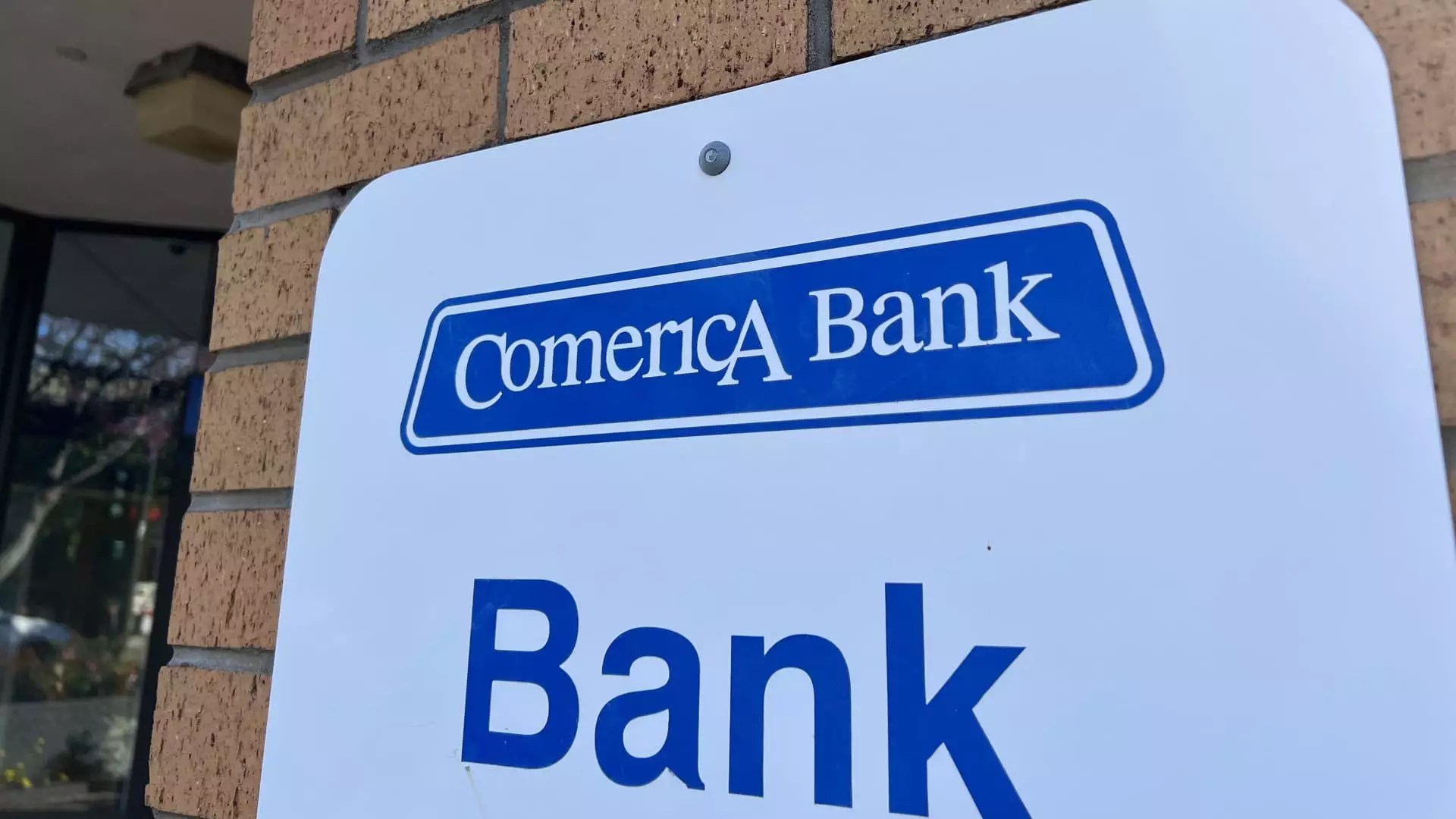The Consumer Financial Protection Bureau (CFPB) has recently brought a severe complaint against Comerica Bank, alleging significant misconduct in its management of the Direct Express prepaid debit card program. The essence of the CFPB’s lawsuit is multifaceted, indicating that the bank intentionally disconnected over 24 million customer service calls, unjustly imposed ATM fees on more than one million cardholders, and inadequately addressed fraud complaints. Such actions, according to CFPB Director Rohit Chopra, seem to be a blatant strategy to enhance profitability at the expense of vulnerable populations who heavily rely on federal benefits.
In the context of financial assistance programs, beneficiaries—primarily senior citizens and disabled individuals—use the Direct Express card to cover necessary expenses such as groceries and fuel. Comerica has partnered with the U.S. Treasury since 2008 to manage this program. The complaints against the bank highlight a critical concern: that despite advertised 24/7 customer service, actual accessibility has been severely limited, leaving beneficiaries without the help they desperately need when they encounter issues.
The Broader Impact of Systemic Failures
The allegations put forth by the CFPB raise serious questions regarding systemic failures in how financial institutions manage federal assistance programs. The claim that Comerica allegedly harvested “illegal junk fees” echoes a broader pattern of abuse that can occur when banks operate without sufficient oversight, particularly when dealing with vulnerable populations. Low-income individuals and those on fixed incomes are particularly at risk, as their financial situations often leave them with few alternative recourses when faced with difficulties in accessing their funds.
Moreover, the bank’s response to these allegations—a counter-complaint indicating that CFPB overstepped its bounds in this case—adds another layer of complexity to the situation. Comerica asserts that it acted with governmental oversight and highlights the collaborative nature of its work with federal entities. This raises a crucial discussion regarding accountability: How much responsibility should banks bear when managing government programs, and to what extent should they be protected by the oversight structures in place?
Previous Precedents: A Call for Accountability
The CFPB has a history of taking action against financial institutions that mishandle benefit programs. For instance, last year, Bank of America faced a $100 million penalty for similar failings regarding state unemployment benefits during the pandemic. These precedents indicate a willingness on the part of regulatory bodies to hold banks accountable for negligence or misconduct in administering programs meant to support the financially vulnerable.
With the current complaint against Comerica, it is crucial to closely monitor the unfolding events. This case could potentially redefine the standards and expectations for banks administering government-funded payment systems. Should the CFPB prevail, it may inspire greater scrutiny of other financial agents operating federal programs, ultimately leading to improved protections for consumers.
The allegations against Comerica Bank spotlight a critical issue in the intersection of banking, regulation, and consumer protection. As the case evolves, it underscores the vital need for transparency, accountability, and advocacy on behalf of those who depend on essential government benefits. Whether or not the CFPB’s actions lead to tangible reforms within Comerica or beyond, the situation exemplifies the essential role that oversight agencies play in safeguarding the interests of society’s most vulnerable members. The outcome will undoubtedly influence the future of financial practices surrounding government assistance programs.


Leave a Reply